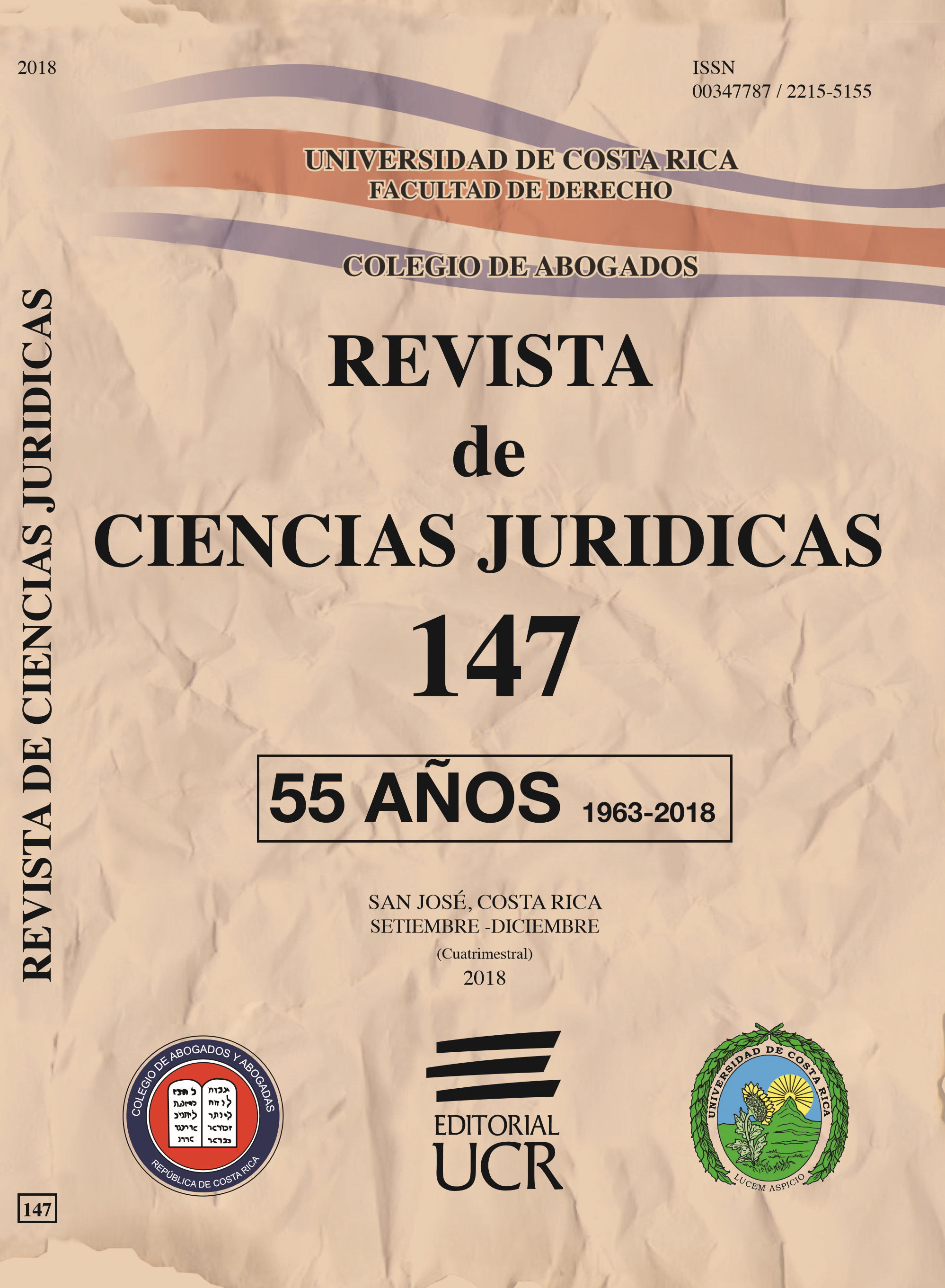Abstract
This essay approaches the “conventional due process” as one of the essential elements of the Inter-American system for the protection of human rights, which was recognized and integrated into the internal scope from case file number 912/2010 resolved by the Supreme Court in the notorious case of Radilla Pacheco, as well as the constitutional reform in the area of protection and human rights of June 2011. This has had a profound impact on the way to understand the procedural institutions in charge of legal operators, with the consequent resizing and projection of the due process within the Mexican legal system, especially its connection with vague conventionality control, and for the sake of greater effectiveness in the protection of human rights.

